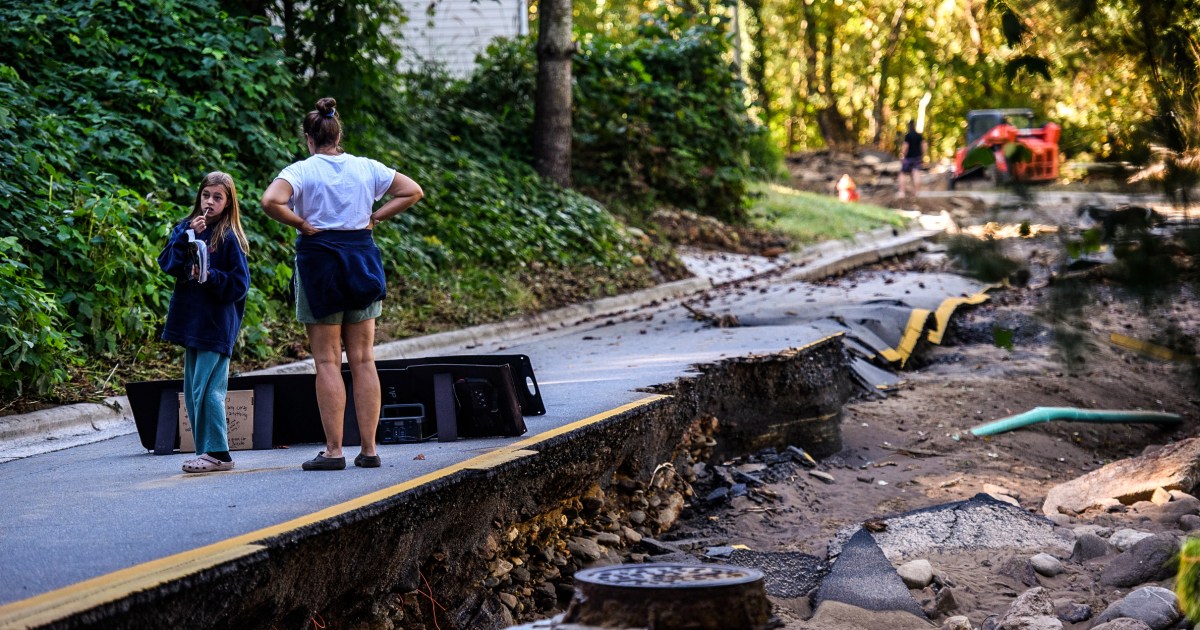but the sharp edge of the response is local. All responses, even for COVID, are administered at the local level. National or provincial can mandate certain processes or be the go-to agency for resources as mentioned above but it is your neighbours who will be tasked with compliance. So collaborate with the provinces to identify the processes and supplies, establish a caretaker process and then leave it.Most emergency responses have to start locally, where the situational knowledge is best.
Pandemics by definition are not local.
Consider, we have requirements annually for systems in place what with floods and fires but the response from OW always appears to be too little and too late. So buy the 515's we should have ordered a dozen when DeHavilland first said they would open an assembly line. Buy bulldozers and RIBs and any other gear necessary for flood response and train up the crews. Those processes don't require a committee. Leave health to the provinces. Even a pandemic is simply a local problem in a lot of locales simultaneously




